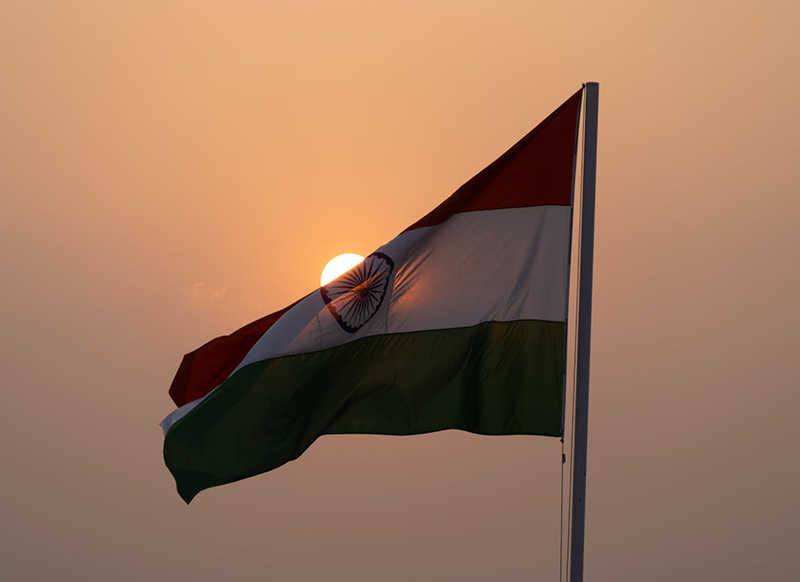
By Mohammed Saqib
India-China Economic Cooperation: Breaking Barriers and Embracing Collaborative Growth
Analyzing the economic and trade relations between China and India cannot be done in isolation. Many economic and trade activities, including those between China and India, are now influenced by global geopolitics. The world is now entering a significant transformation of the global order, characterized by rapid changes. There are different voices from various fields, which all influence the bilateral relations between China and India. Therefore, it is imperative for both countries to acknowledge the existing issues and engage in dialogue.
China and India have a long history of cooperation. Both countries are emerging markets in the global economy with impressive growth rates. There are some encouraging signs of cooperation between China and India, such as the roles the two countries play in the Asia-Pacific Economic Cooperation (APEC). With the effective resolution of tariff barriers between China and India, there has been a significant increase in foreign direct investments, with China investing in India and vice versa. Prominent Chinese companies coming to India, including Huawei, Vivo, OPPO, SAIC, among others, have established factories and initiated production in India. This investment has spurred the development of India's local industries.
Not only has India become a key investment destination for numerous Chinese companies but also a hub for collaboration with many Indian local enterprises. A lot of bilateral exchanges in the field of technology, such as financial technology and e-commerce platforms, are taking root in India. Additionally, the Indian government extends preferential policies to Chinese companies, exemplified by the introduction of Huawei's 5G technology and base stations.
Overall, both countries are highly complementary in terms of import and export trade and foreign direct investment. It is crucial to consider ways to further enhance the economic and trade relations between China and India in a more positive direction.
For India, cooperation with China is critical. My observation indicates that India is striving to become a global manufacturing hub, potentially overtaking China as the global manufacturing center. To this end, India has introduced many policies to enhance its appeal to foreign investors. However, if India wants to compete with China in the future, it needs to first cooperate with China. If India is trying to surpass China and become the world’s largest manufacturing center, it should first learn from the experience of China’s manufacturing industry, rather than looking to South Korea or Japan for inspiration. China’s role in India's economic development is undeniably crucial. Chinese influence is evident in the daily lives of Indian citizens; a visit to a remote Indian village might reveal the presence of Chinese products or cuisine. This underscores the need to acknowledge China's significant involvement in the Indian economy.
The Indian government has also realized the importance of cooperation with China, implementing incentive measures for Chinese imports that are not extended to other countries. This focused attention on India-China collaboration accounts for the rise in trade figures between the two nations in recent years.
Yet trade between India and China currently exhibits a deficit due to India’s import imbalance. This trend of rising trade deficits is seen in India's global economic engagements. Therefore, in the future, it is imperative for both countries to jointly seek broader opportunities for cooperation and engage in a more candid analysis of economic development and potential for economic cooperation.
Despite the competition between China and India, economic development cannot occur in isolation. With the rise of the Global South, India and China, as two of the world’s most significant economic forces, need to collaborate and establish new mechanisms for cooperation. For example, both India and China are members of the New Development Bank, which demonstrates that the two countries are already engaging in some forms of economic cooperation. The challenge is not a lack of knowledge on how to cooperate, but rather the need to break down the barriers that impede such cooperation.




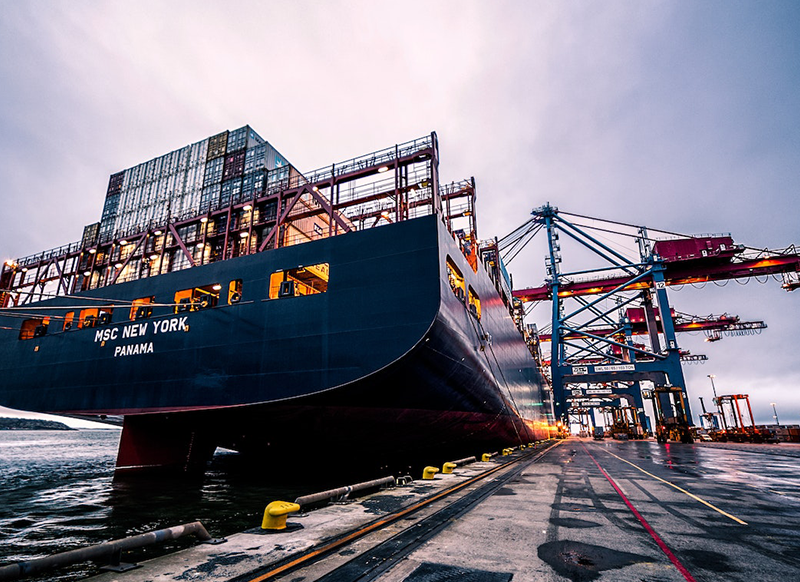


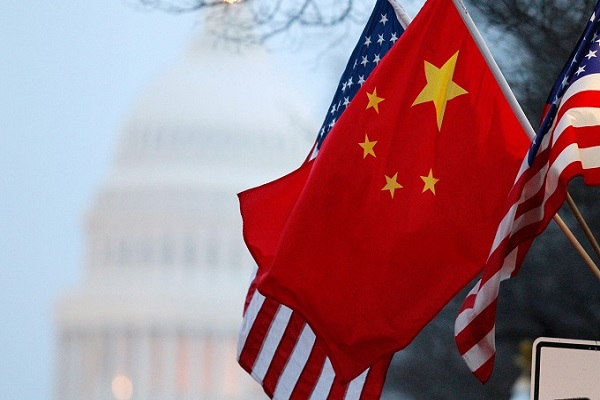


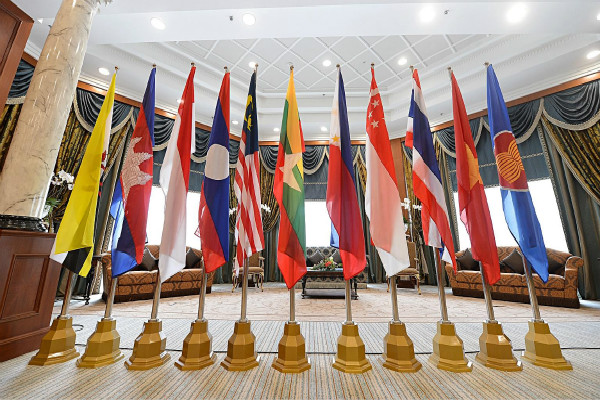
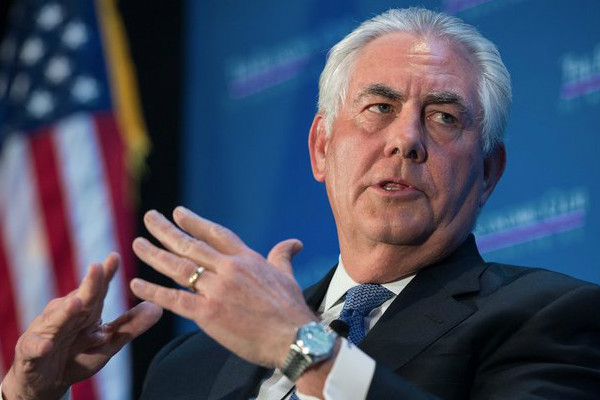
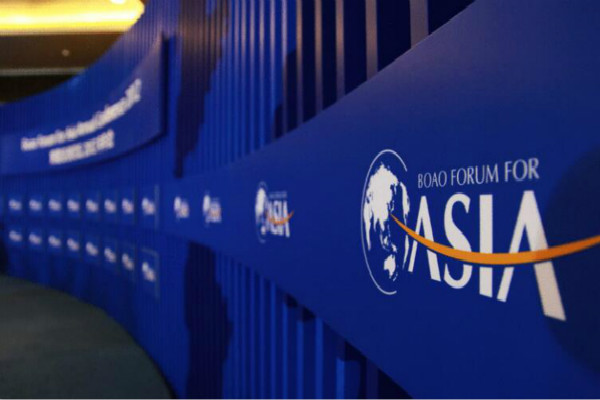


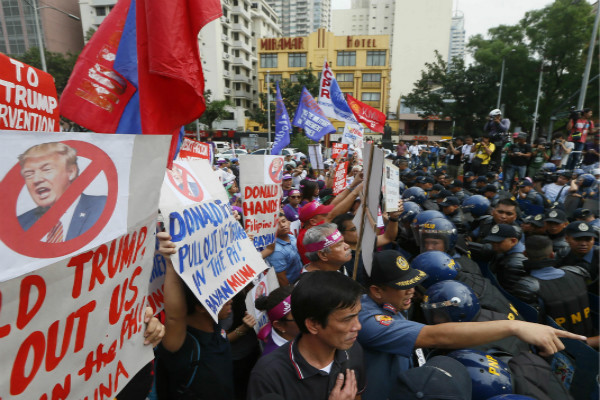


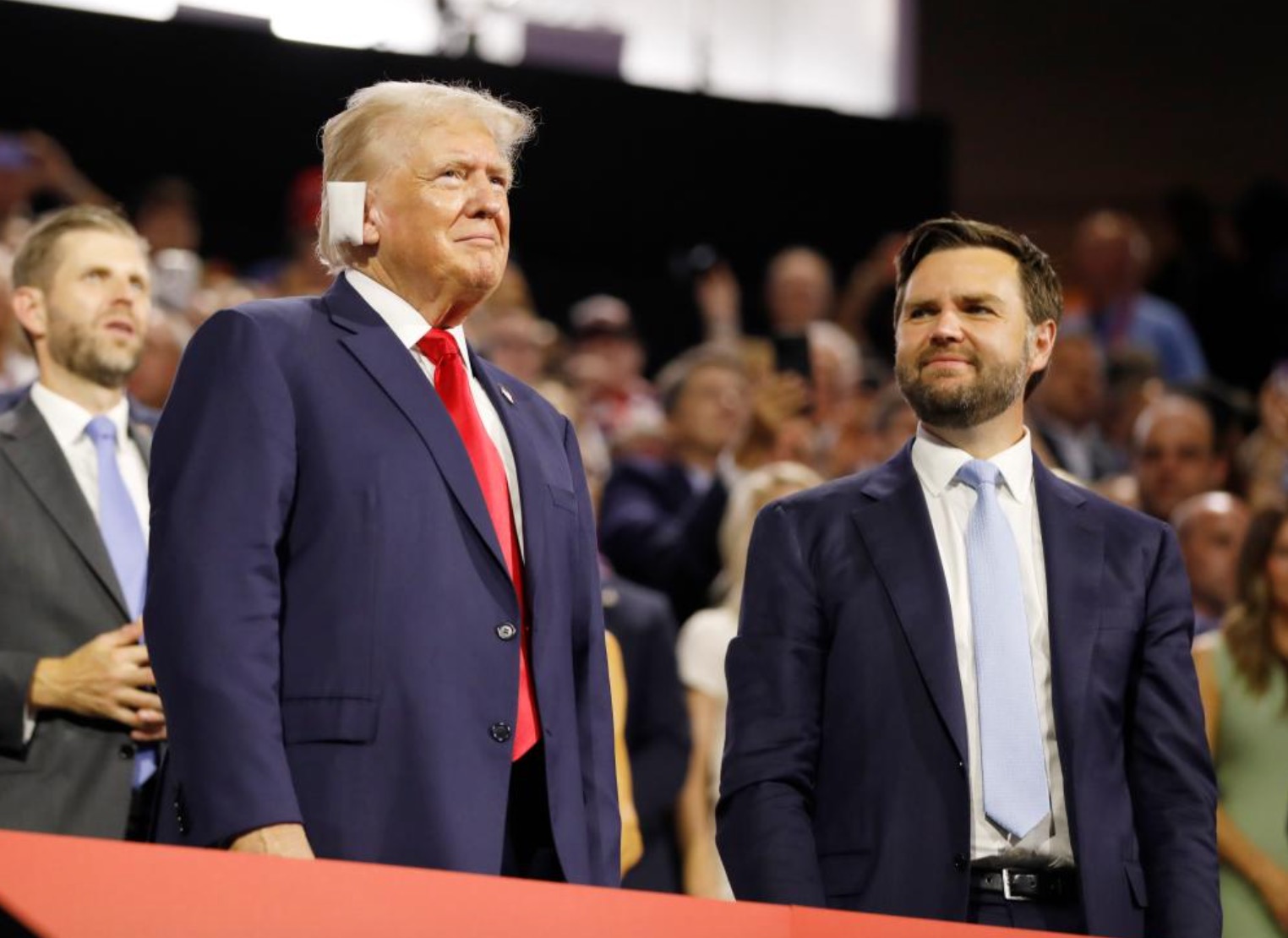

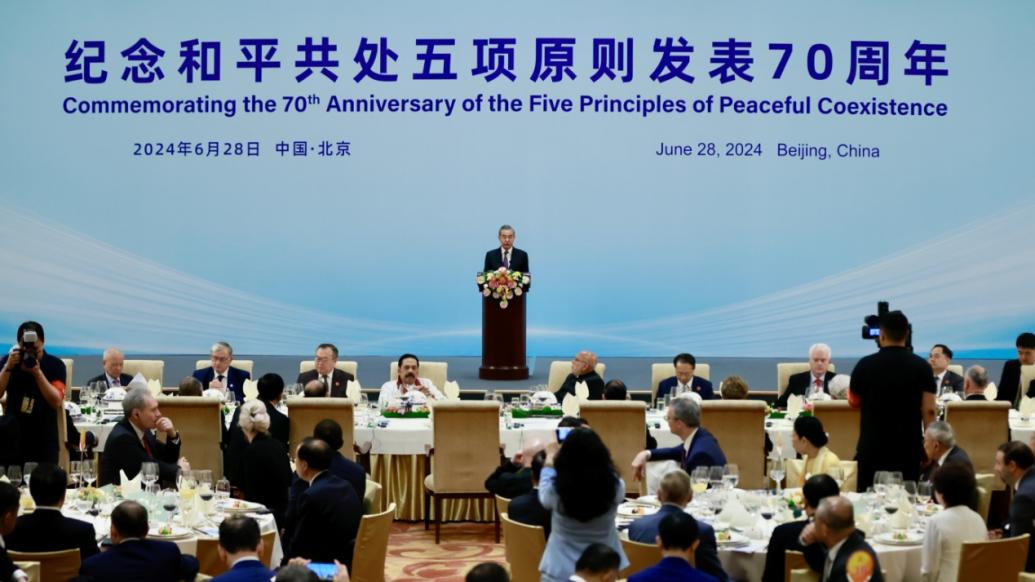


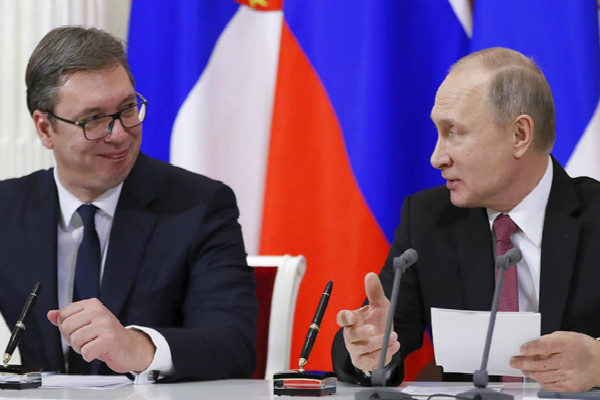
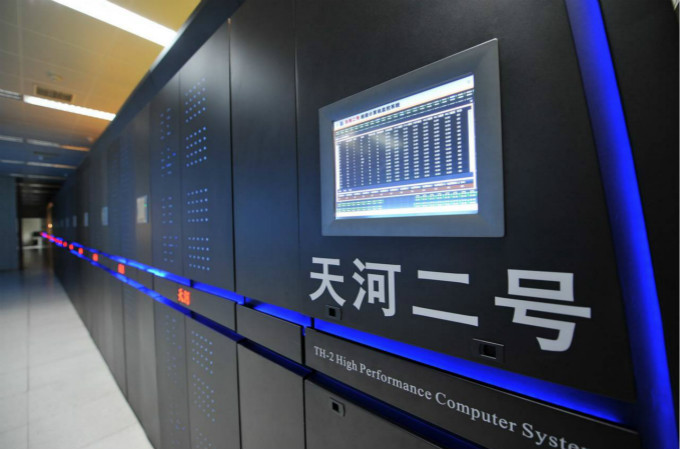
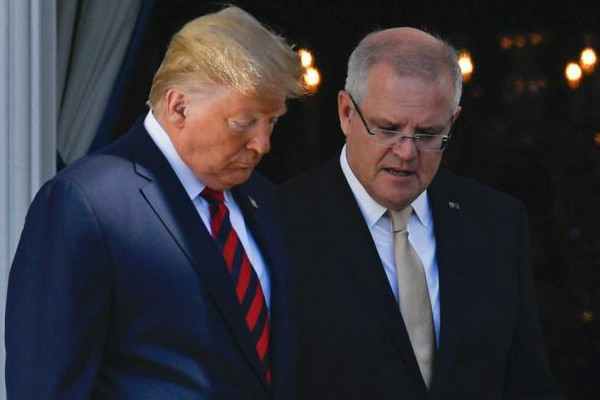


Leave a Reply
Your email address will not be published. Required fields are marked *